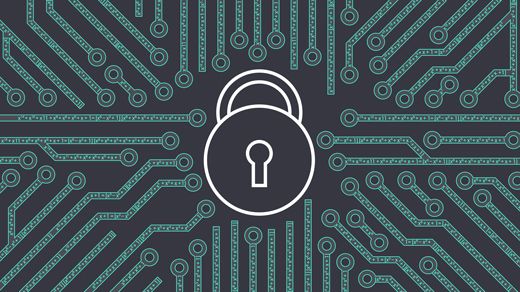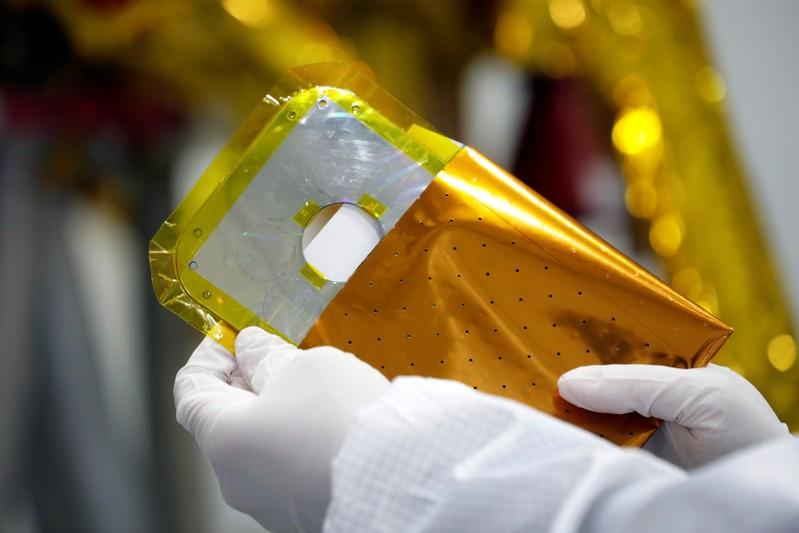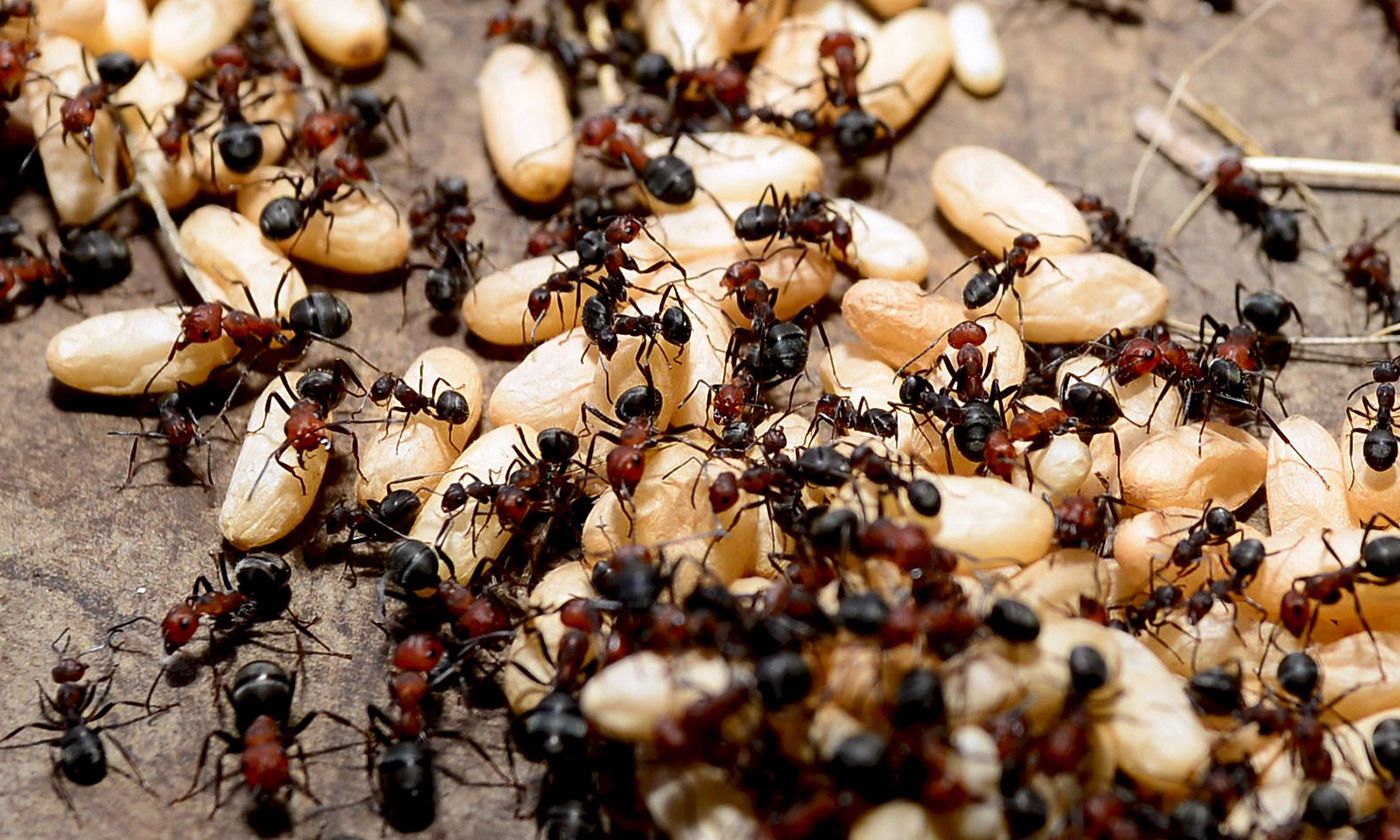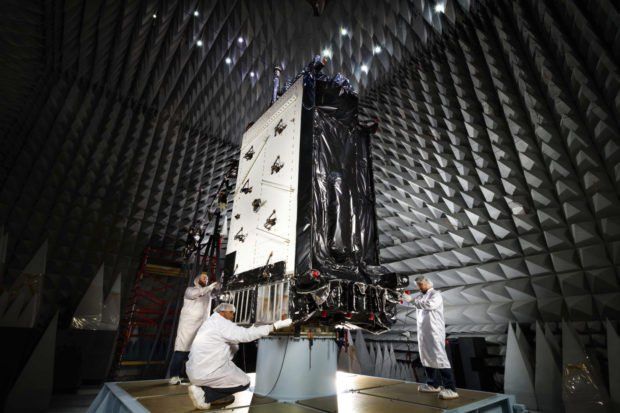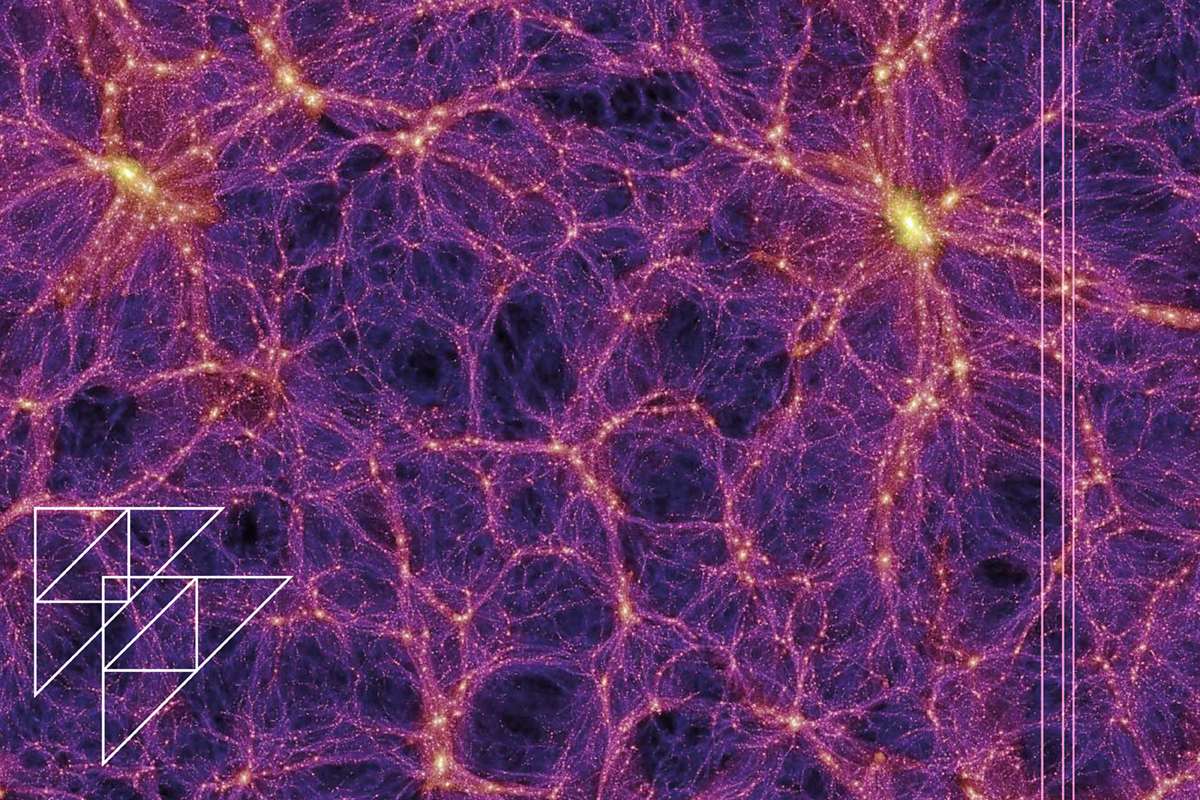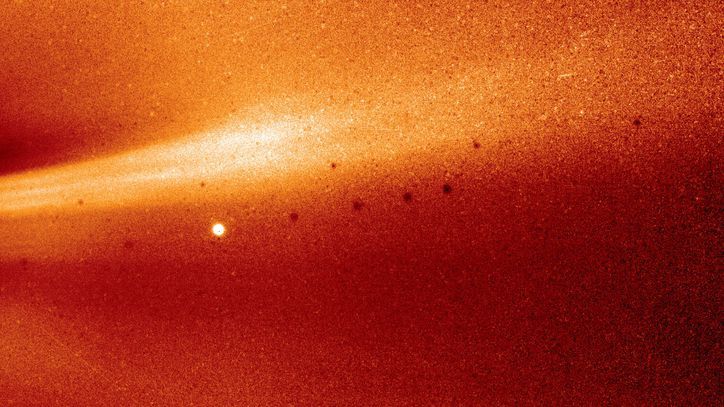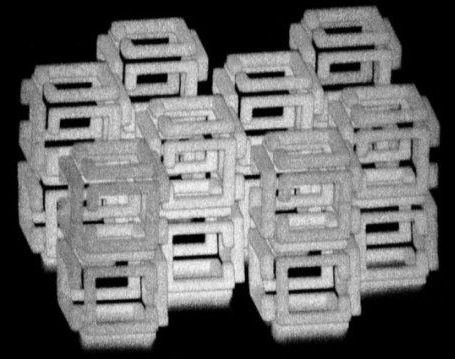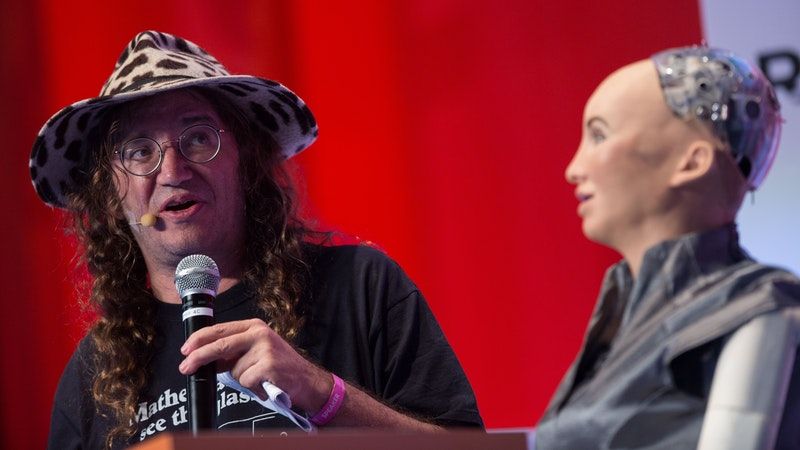Page 9264
Dec 17, 2018
Israeli spacecraft gets final element before 2019 moon launch
Posted by Genevieve Klien in category: space travel
At 60,000 km (37,000 miles) above Earth, the spacecraft will split off from the Falcon launch vehicle. It will at first orbit Earth in expanding ellipses and, about two months later, cross into the moon’s orbit. It will then slow and carry out a soft landing which should cause no damage to the craft.
“Our landing site is located somewhere between the landing sites of Apollo 15 and Apollo 17,” Anteby said. “It’s a flat area. But still it has small craters and a lot of boulders.”
Dec 17, 2018
Type 2 diabetes and cognitive decline: Study finds link
Posted by Genevieve Klien in categories: biotech/medical, neuroscience
New research examines cognitive function and brain atrophy in both people with and without type 2 diabetes over the course of approximately 5 years.
Dec 17, 2018
An ant colony has memories that its individual members don’t have
Posted by Xavier Rosseel in category: neuroscience
Why your brain is like an ant colony: they both get wiser and more stable by using collective memory for learning.
Dec 17, 2018
Next-generation of GPS satellites are headed to space
Posted by Michael Lance in categories: government, satellites
DENVER, United States — After months of delays, the U.S. Air Force is about to launch the first of a new generation of GPS satellites, designed to be more accurate, secure and versatile.
But some of their most highly touted features will not be fully available until 2022 or later because of problems in a companion program to develop a new ground control system for the satellites, government auditors said.
The satellite is scheduled to lift off Tuesday from Cape Canaveral, Florida, aboard a SpaceX Falcon 9 rocket. It’s the first of 32 planned GPS III satellites that will replace older ones now in orbit. Lockheed Martin is building the new satellites outside Denver.
Continue reading “Next-generation of GPS satellites are headed to space” »
Dec 17, 2018
10 mysteries of the universe: Is Earth in a special place?
Posted by Michael Lance in category: space
The BOSS Great Wall is the hugest object ever found – and at one billion light years across it spells big trouble for our cosmic theories.
Dec 17, 2018
NASA solar spacecraft snaps first image from inside sun’s atmosphere
Posted by Michael Lance in category: space travel
Dec 17, 2018
Amazon’s Homegrown Chips Threaten Silicon Valley Giant Intel
Posted by Derick Lee in categories: internet, robotics/AI
In recent years, Google has designed specialized chips for artificial intelligence technology. Facebook and Microsoft, which like most internet companies are major buyers of chips from Intel, have indicated that they are working on similar A.I. chips.
The retailer is now making its own server chips. It’s the latest sign that big internet outfits are willing to cut out longtime suppliers.
Dec 16, 2018
Shrinking objects to the nanoscale
Posted by Shailesh Prasad in categories: biotech/medical, nanotechnology, quantum physics
Researchers have invented a new way to fabricate nanoscale 3D objects of nearly any shape. They can also pattern the objects with a variety of useful materials, including metals, semiconducting quantum dots, and DNA.
Dec 16, 2018
Sophia Robot Creator: We’ll Achieve Singularity in Five to 10 years
Posted by Shailesh Prasad in categories: robotics/AI, singularity
By Kate Gill
A.I. robot Sophia is getting a software upgrade, one that will inch her ー and perhaps A.I. ー even closer to humanity. According to her creator, not only will Sophia earn her citizenship in Malta, she will reach a level of advancement equal to human beings in roughly five to 10 years.
“In the long run, I think the broader implications are pretty clear,” Dr. Ben Goertzel, the CEO of SingularityNET and chief scientist at Hanson Robotics, told Cheddar Friday.
Continue reading “Sophia Robot Creator: We’ll Achieve Singularity in Five to 10 years” »
